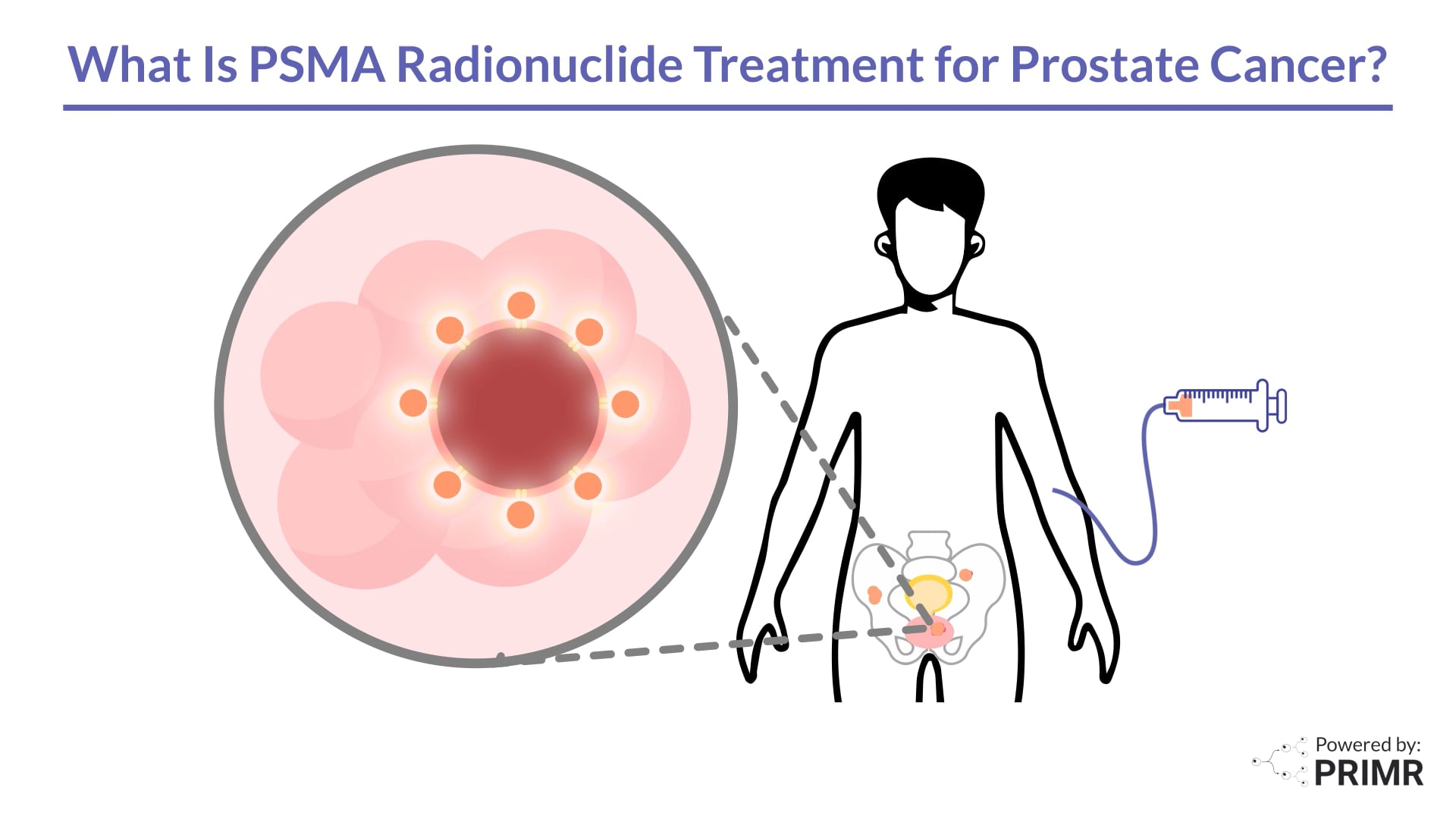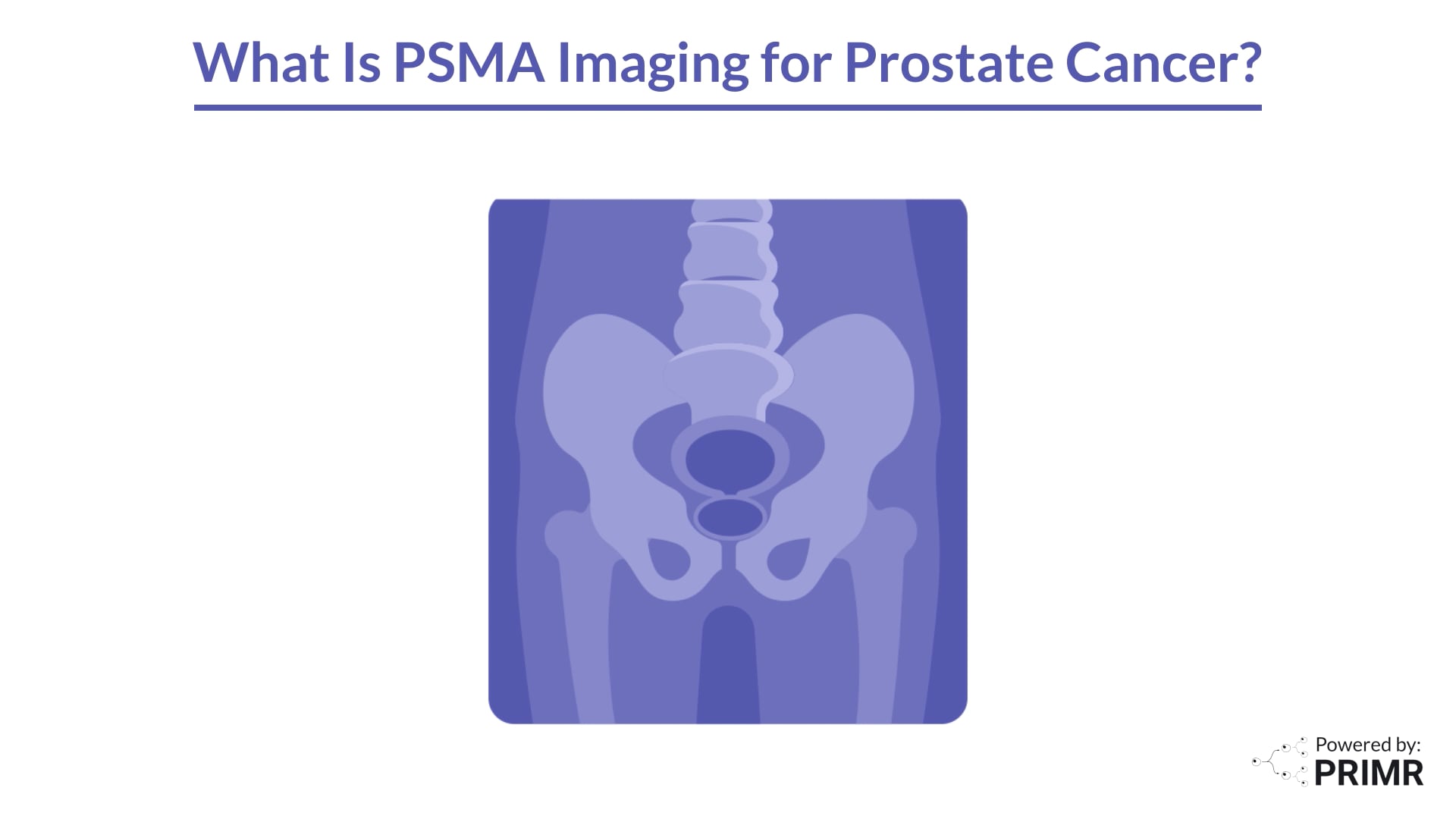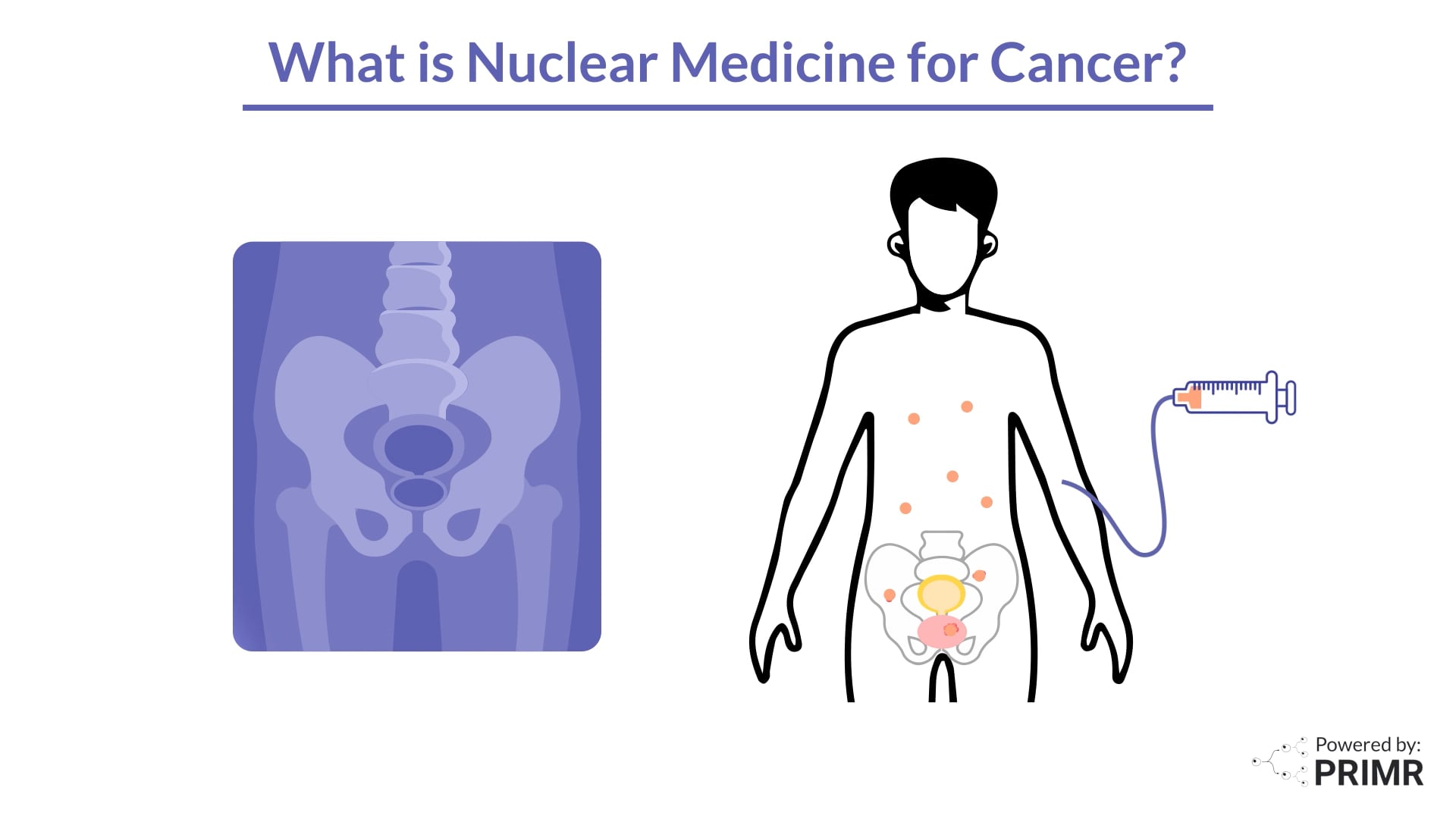CyberKnife Stereotactic Radiation
This video explains CyberKnife, a non-surgical radiation treatment for prostate cancer. CyberKnife uses real-time tracking and precision targeting to treat the prostate in just 5 sessions, minimizing radiation to healthy tissue. It may be an option for those seeking a shorter, less invasive treatment.
Read the full video transcript below:
If you or a loved one has been diagnosed with prostate cancer, you may be considering different treatment options. This video is about an approach called CyberKnife stereotactic radiation.
CyberKnife is not surgery, there are no incisions, no anesthesia, and no hospital stay. Instead, it uses focused beams of radiation to target the prostate with precision.
Tiny markers, called fiducials, are placed in the prostate to help the CyberKnife system track the prostate during treatment. A small amount of gel may be placed in between the prostate and rectum to reduce the radiation dose to the rectum.
You’ll have a planning CT scan and MRI. These images help your doctors map out a detailed treatment plan.
The real-time tracking using fiducial markers allows doctors to accurately locate the prostate as it moves, even during treatment. Because of this, doctors can reduce the size of the area treated compared to other radiation techniques. This means less normal tissue is exposed to radiation. The ability to treat a smaller area safely also allows doctors to increase the radiation dose for each session, and reduce the overall number of treatment days needed.
Because of the precision and real-time tracking of the CyberKnife system, doctors can deliver what would normally be 5–9 weeks of daily radiation treatments in just 5 sessions, usually completed in about a week and a half.
CyberKnife may be an option for men who cannot have surgery due to other health concerns, for those who want to avoid surgery and its risks, or for those who wish to avoid a prolonged, multiple-week course of daily radiation treatments.
Like all treatments, CyberKnife can have side effects. Most are mild and may include temporary urinary symptoms, such as burning or urgency, mild tiredness, or occasional bowel irritation. These usually improve on their own in the weeks after treatment.
If you would like to learn more about CyberKnife or discuss whether it is right for you, talk to your doctor or contact our office. Our team is available to help you understand your options.
This is not medical advice. Talk to your doctor before making any medical decisions.
FAQs:

.jpg)
.jpg)
%20Thumbnail.png)







.png)


.jpeg)









.webp)

